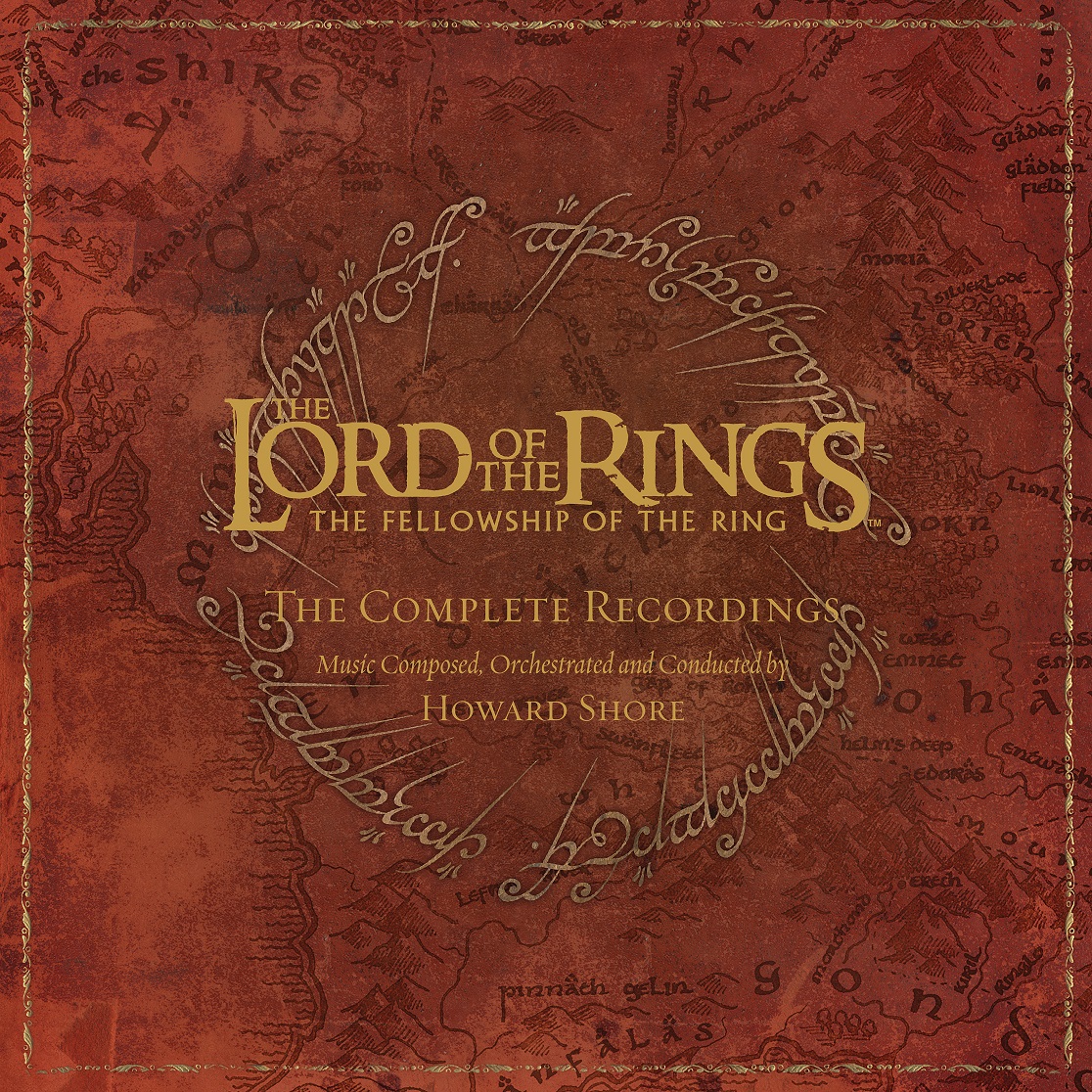Is The Fellowship of the Ring The Last Great Film Score?
With a new release of Howard Shore's iconic Lord of the Rings score on the way from Rhino, we look back at the music of Middle Earth.
Even with all of the box office success, fan idolation, and critical acclaim — including a still jaw-dropping takeover of the 2004 Oscars by The Return of the King — Peter Jackson’s Lord of the Rings trilogy still feels under appreciated. The Hobbit-esque director accomplished something that everyone from The Beatles to Ralph Bakshi attempted and failed, to make a respectful adaptation of J.R.R. Tolkien’s masterwork. As anyone who spent hours on a dial-up modem waiting for the original teaser for The Fellowship of the Ring to download would be quick to point out, before these films came out they were by no means considered surefire hits. Would a filmmaker best known for his forays into stylish horror somehow be able to adapt the visual language of Tolkien for the big screen? Fortunately the answer was a resounding yes, and his film adaptations of the famed battle for the One Ring are now enduring classics.
There are a lot of reasons why The Fellowship of the Ring, The Two Towers, and The Return of the King continue to strike a chord with audiences (i.e. the perfect casting, scripts that mold Tolkien’s gargantuan epic into a somewhat pared down story, how the themes of good vs. evil in an uncertain age are more relevant than ever, a general sense of awesomeness), but the power of Howard Shore’s incredible scores for these films should not be overlooked. Shore, a longtime film composer who cut his teeth as Saturday Night Live‘s first musical director, had already racked up an impressive legacy with his scores for films ranging from The Fly to Silence of the Lambs when he was selected to compose the music for The Fellowship of the Ring.
Tolkien fans had long had an idea of what the music of Middle Earth should sound like thanks to the importance of song in the author’s work, but Shore managed to please everyone by respecting the ideas presented in the book and expanding upon them in ways that fantasy lovers could have never dreamed of. That doesn’t even begin to touch upon how film score nerds have embraced his music for the saga, and Fellowship‘s in particular. (And yeah, we are bummed that he never found a way to incorporate Leonard Nimoy’s “The Ballad of Bilbo Baggins” into this or any of The Hobbit films, though really, this is the least of that specific trilogy’s problems).
Indeed, I am of the opinion that Howard Shore’s music in the trilogy represents the last of the truly great blockbuster film scores. A bold statement to be sure, and one that isn’t meant to belittle the work of genius composers like Michael Nyman, the late Jóhann Jóhannsson, and even a divisive artist like Hans Zimmer. Yet Shore’s music for the trilogy has, like Bernard Herrman’s work for Psycho or pretty much anything John Williams did in the 1970s or ’80s, both a symbiotic relationship with its source material and the ability to be evocative on its own.

When listening to key tracks like “Concerning Hobbits” (a piece so whimsical and tranquil it has taken on a second life as a relaxation jam in spas everywhere), “The Breaking of the Fellowship,” and the rousing “The Bridge of Khazad-dûm” — whose influence can be felt in Alan Silvestri’s main theme from The Avengers, it’s easy to be instantly transported to Middle Earth. And such is the case for the soundtracks for The Two Towers and The Return of the King,whose “Gollum’s Song” and “Into the West” remain quietly devastating, as well.
So why is Shore’s Lord of the Rings music so endearing? We think the answer lies in its time-honored approach. The scores are musically complex, with certain themes constantly winding in and out of individual pieces to reinforce motifs and emotion. Like all great composers, Shore often manipulates the audience through his work — just check out Gandalf’s “all we have to decide is what to do with the time given to us” speech and try to keep a dry eye. But above all, it’s the simple orchestration choices, a tin whistle here, a mandolin there, that root the music in a imagined shared past. Just one that has more in common with the works of classical composers than, say, your local Renaissance Faire or day trip to Medieval Times.
One of the many questions swirling around the (frankly ill-advised) Amazon Lord of the Rings TV series is how it can possibly top the film trilogy. A problem that also lends itself to the music component of the show. Any composer for the program faces the thankless task of trying to compete with Shore’s peerless scores and how they are embedded in the hearts and minds of viewers’ personal experiences every bit as much as they are woven into the fabric of the trilogy itself. Worse still is something we call the “Jaws Sequel” scenario in which Shore’s iconic themes would mingle with new, lesser works.
Ultimately though, perhaps this doesn’t matter. Like the entirety of the Lord of the Rings film saga, Howard Shore’s music is a combination of immense talent and hard work. It will live long after all of us have made the journey to whatever type of Grey Havens we believe in. And you know what? In these increasingly unfamiliar times, there is great comfort in this fact.
